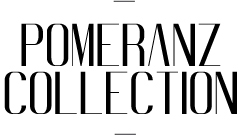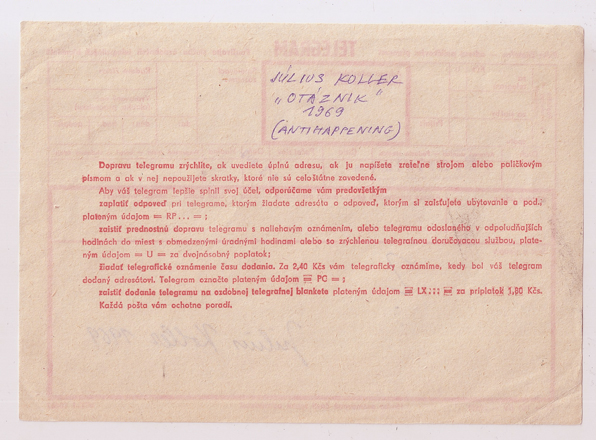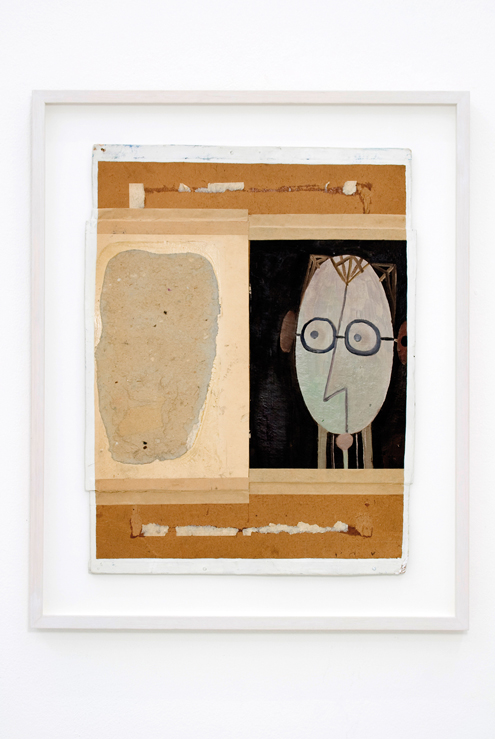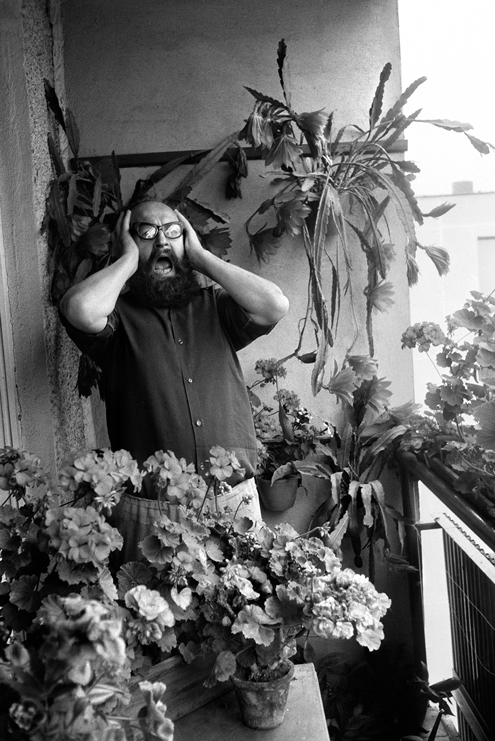JÚLIUS KOLLER
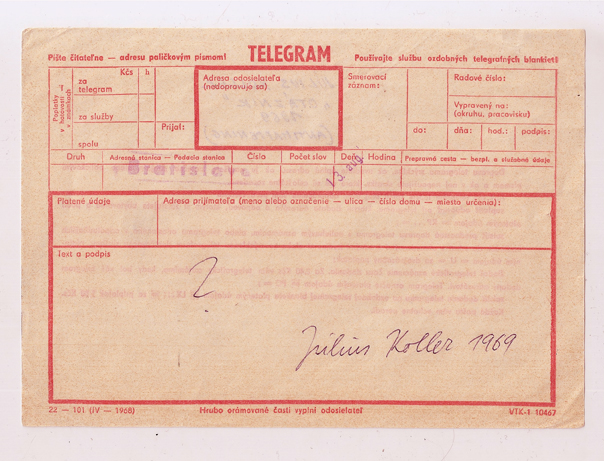


1969 (13 August)
14,2 x 20 cm, framed 27 x 33 cm
Unique
Signed, titled and dated
Inv. Nr. 190
Born in 1939 in Piestany, Slovakia, died in 2007
Lived and worked in Bratislava, Slovakia
In the sixties, Július Koller was one of the main protagonists of an unofficial Slovakian art scene, rapidly repressed by the Communist regime after 1968. Against this tangible violent context, Koller’s work opposed the Utopian potential of free thought. The Situationist attitude influenced the ephemeral events created by Koller, that he called “anti-happenings” and performed in both public and private spaces. With minimalistic means, he appropriated everyday activities and proposed a more effective communication between individuals and society, for example a table tennis contest organized in a gallery space (J. K. Oing Oig Club, 1970). In 1970, in the context of recurring popular fascination for UFO, he used this acronym in various wordplays to name his series of diagrammatic drawings or photographs. UFO then meant “Universal Futurological Organization”, “Universal Philosophical Ornament” or “Universal-cultural Futurologic Outsider”. The term also appears in a series of humorous self-portraits entitled UFO-naut, made from 1970 to 2007. Koller’s endless variations on three capital letters insist on the potential of utopia and imagination.
From 1969, Július Koller became interested in punctuation, which are reduced to their conceptual essence as in Question Mark Telegram. The most common is the question mark that is closest to the situation of a UFO-naut in an unknown environment: “I have so many question marks, so many unsatisfied curiosity, a question mark itself symbolizes all question marks ”. The question becomes the symbol of the identity of the author. “I specialize in all hesitation, questioning, in questions. I started to specialize in hesitation, until I became a question mark for myself”.
